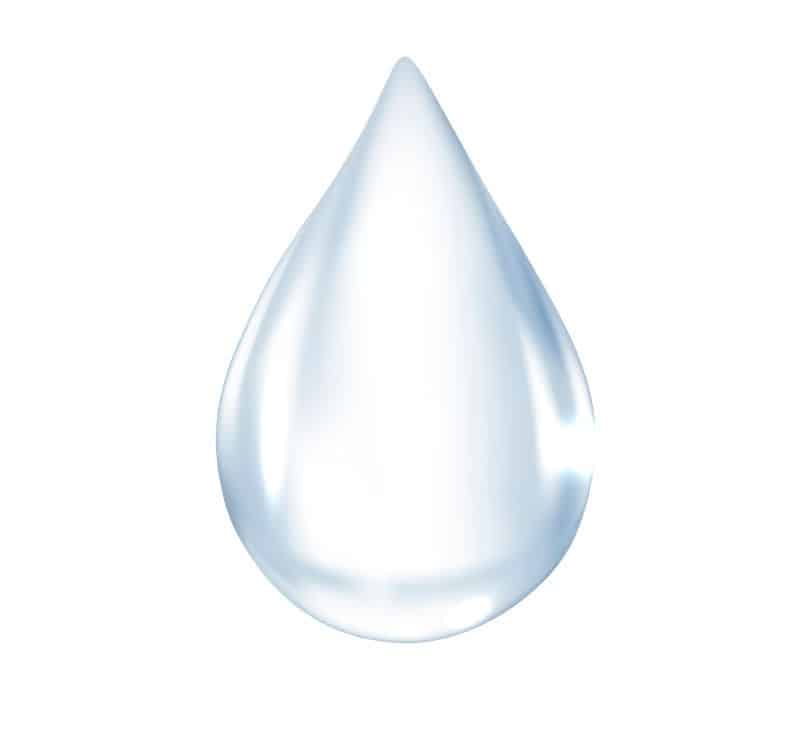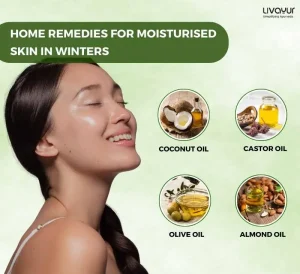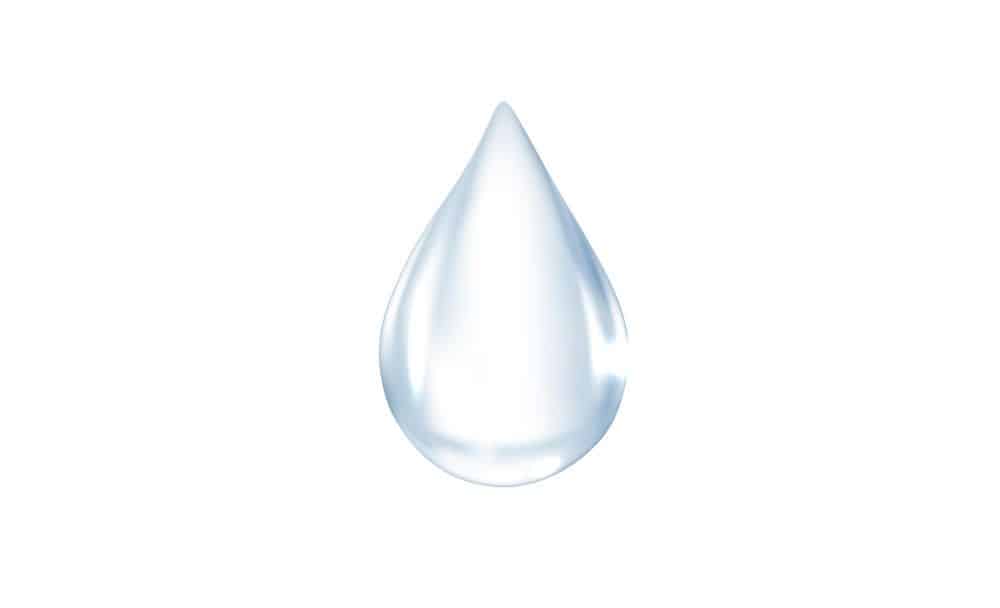
When it comes to taking care of the skin, countless products are available on the market, and one such versatile and widely used ingredient is glycerin. Glycerin, or glycerol, has been a trihydroxy alcohol in topical dermatological preparations for several years. This natural compound has gained immense popularity in the skincare industry due to the numerous benefits of glycerin on face and its role in skin hydration, epidermal barrier repair, and cutaneous elasticity. [2] In this article, we will explore in greater detail what is glycerin, glycerin uses for skin, its benefits, side effects, and much more.
What is Glycerin?
To answer the question of what is glycerin, one has to delve into its traditional method of procurement. Glycerin is either synthesized from propylene oxide or is available as a by-product in four different processes:
- soap manufacture
- fatty acid production
- fatty ester production
- microbial fermentation [1]
What are the uses of Glycerin?
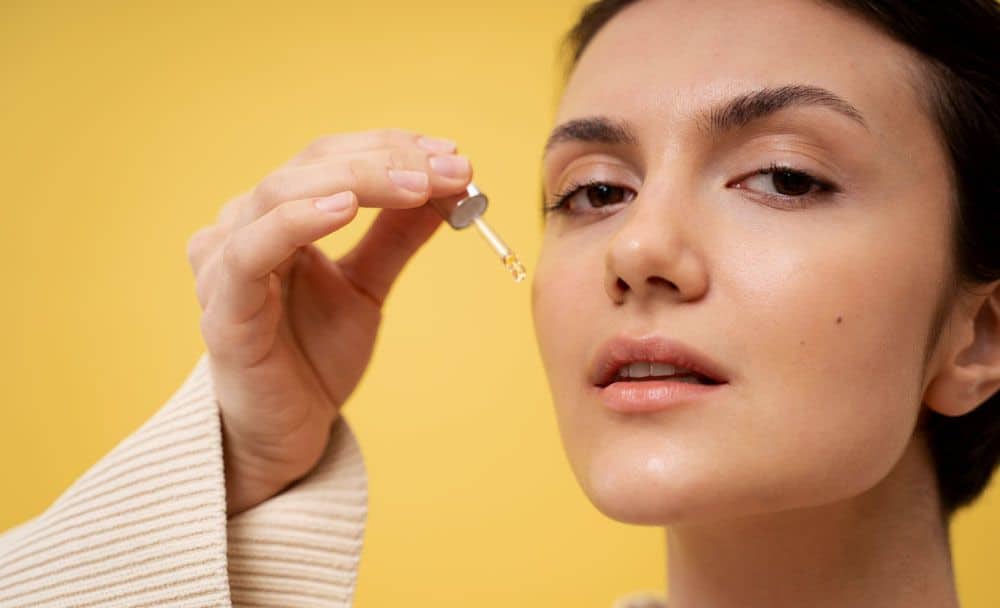
Glycerin is said to be one of the most versatile and valuable chemicals that are known to human beings. It is one of the prominent ingredients in many skincare products, such as moisturizers, serums, cleansers, and masks. It is ideal for all types of skin, including dry, oily, and combination skin. Moreover, glycerin can be used in DIY beauty recipes, allowing users to create personalized skincare solutions. There are hundreds of glycerin uses, one of the primary ones being used as a key ingredient in:
- Cosmetics
- Toiletries
- Personal care products
- Pharmaceutical formulations
- Food [1]
What are the benefits of glycerin?
The benefits of glycerin for skin are manifold. It functions as a denaturant, fragrance ingredient, hair conditioning agent, humectant, oral care agent, oral health-care drug, skin protectant, and skin conditioning agent.[3]
Glycerin is a powerful humectant, which means it attracts and retains moisture. This property makes it highly effective in hydrating the skin, giving it softness, and preventing dryness and flakiness. Among the many glycerin uses for skin is this ability to maintain the skin’s moisture balance, which can leave the skin feeling soft, supple, and radiant.[4]
Also learn about the 10 benefits of chandan powder
Glycerin for skin whitening is another of its many benefits, and it also has excellent soothing properties, making it ideal for sensitive and irritated skin. [5] It acts as a protective coat on the skin’s surface, shielding it from environmental pollutants and harsh weather conditions. Apart from this, glycerin helps to improve the skin’s barrier function, improving the moisture retention power of the skin.
Glycerin is also known to possess anti-aging and anti-wrinkle properties and has a sunscreen effect on the skin.[5] It helps to smooth out wrinkles, fine lines, and creases, giving your skin a more youthful glow. By maintaining adequate hydration levels, glycerin can promote skin elasticity and firmness, reducing the signs of aging.
Are there any side effects of using glycerin?
While glycerin is generally safe, being aware of potential side effects is essential. In rare cases, glycerin may cause skin irritation, sensitization, or allergic reactions. [3] It is thus advisable to do a patch test before using glycerin products extensively. If any adverse reactions occur, discontinue use and consult a dermatologist.
How to use glycerin on the face?
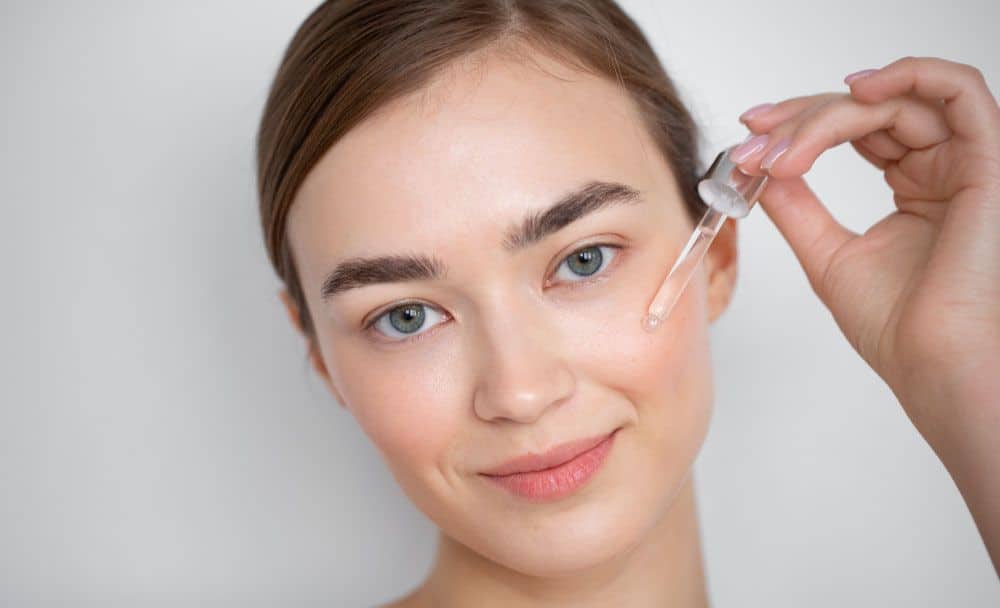
To learn how to use glycerin on the face, one must do a patch test and then follow the next steps. First, it can be applied directly to the face or mixed with other ingredients to create a homemade remedy. Glycerin can be combined with essential oils, Aloe Vera gel, or natural extracts to enhance its benefits.
FAQs
1. How to use glycerin soap?
If you are wondering how to use glycerin on the face, it is extremely easy. You can include glycerin soap into your daily skincare routine and apply it to your face. You need to simply exercise caution when using glycerin for the face so that it does not penetrate the eyes, as this can cause some irritation and burning sensation.
2. Does the benefits of glycerin for skin include all skin types?
When it comes to glycerine for skin, it encompasses all skin types because it is believed to have the skin’s natural moisturizing factor. So whether you have dry, oily, or even breakout-prone skin, the numerous glycerin uses for skin will ensure it is replenished and thus make the skin’s moisture barrier more resilient.
3. Is glycerin for skin whitening an added benefit of the product?
Glycerin for skin whitening is among the several benefits of the product alongside other uses, such as shielding the skin from environmental sources of irritation and strengthening the skin’s moisture barrier, and improving skin’s resiliency and youthful look, among others.
Conclusion
Glycerin is a valuable ingredient for skincare due to its hydrating, soothing, and anti-aging properties. It offers a range of benefits for the skin, making it a popular choice in the beauty industry. In this article, we have gone into a detailed discussion on what is glycerine, glycerin uses for skin, how to use glycerin on face, and more that can help its users enjoy healthier, more nourished skin by incorporating glycerin into the skincare routine.
Disclaimer:
The information provided through this article is for general informational reasons. It is not medical advice. So, before adopting any measure, you must see a doctor.




